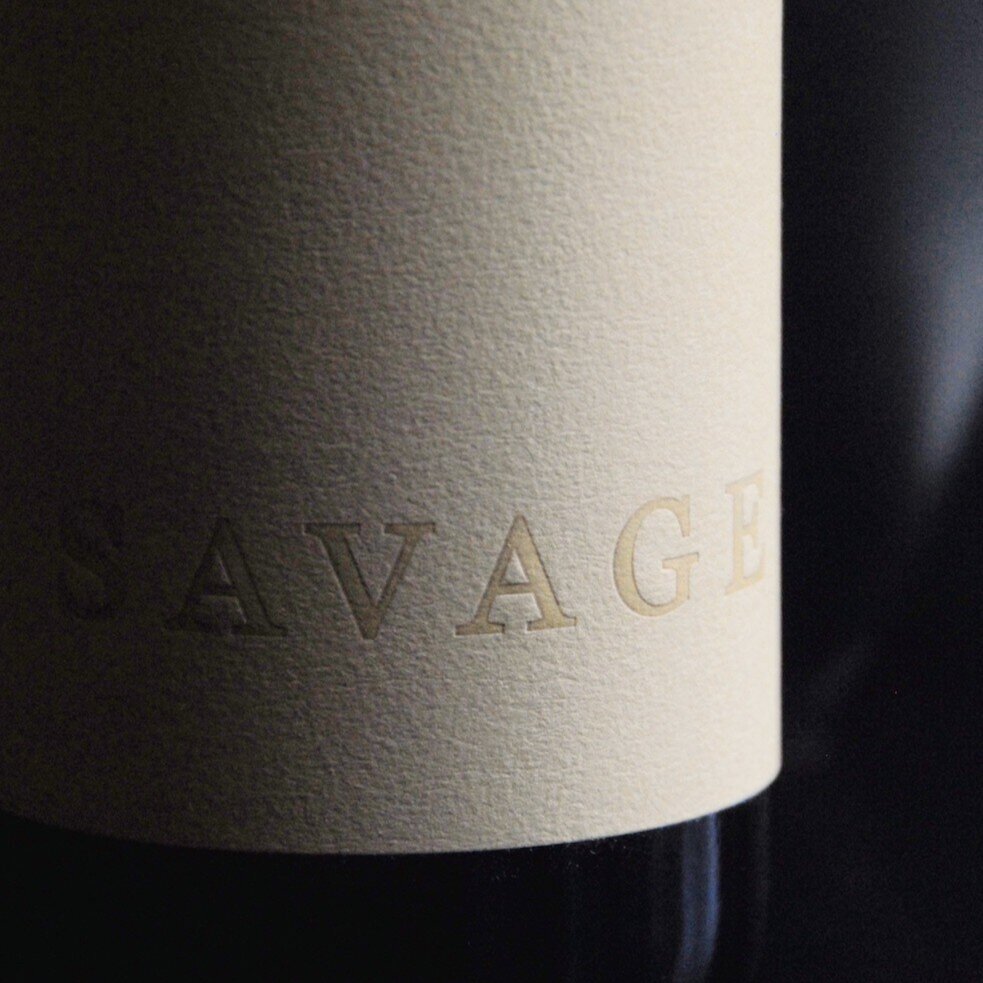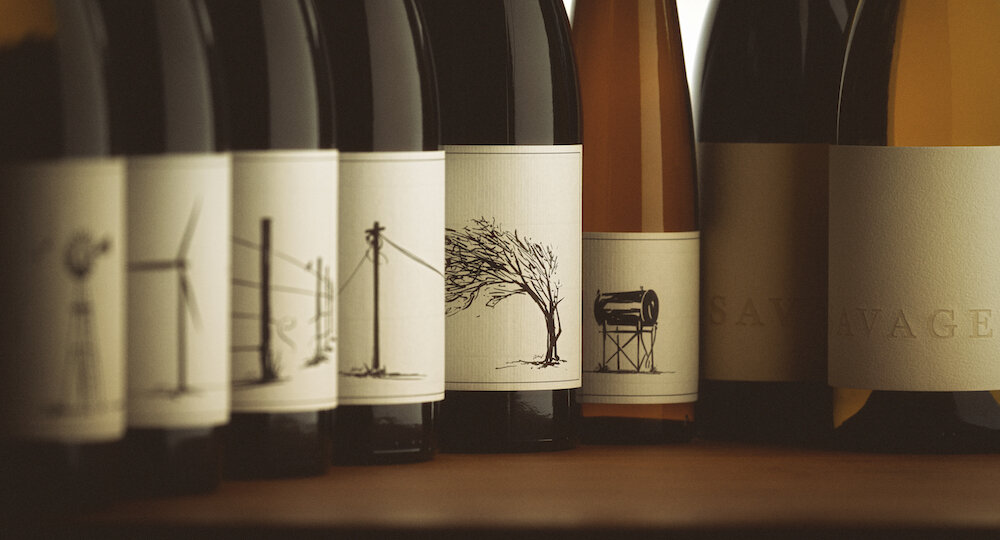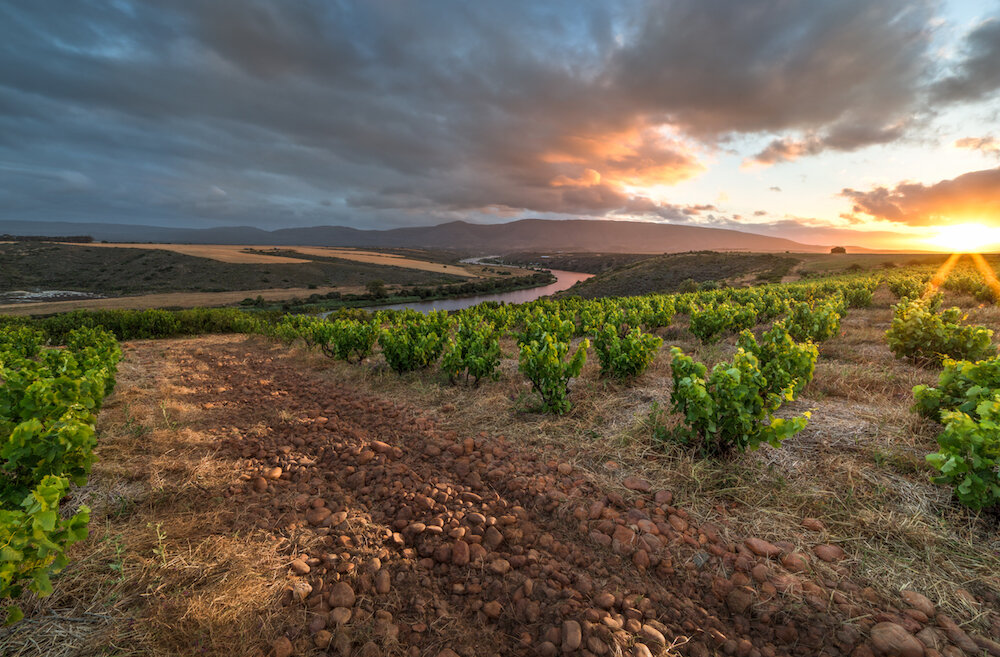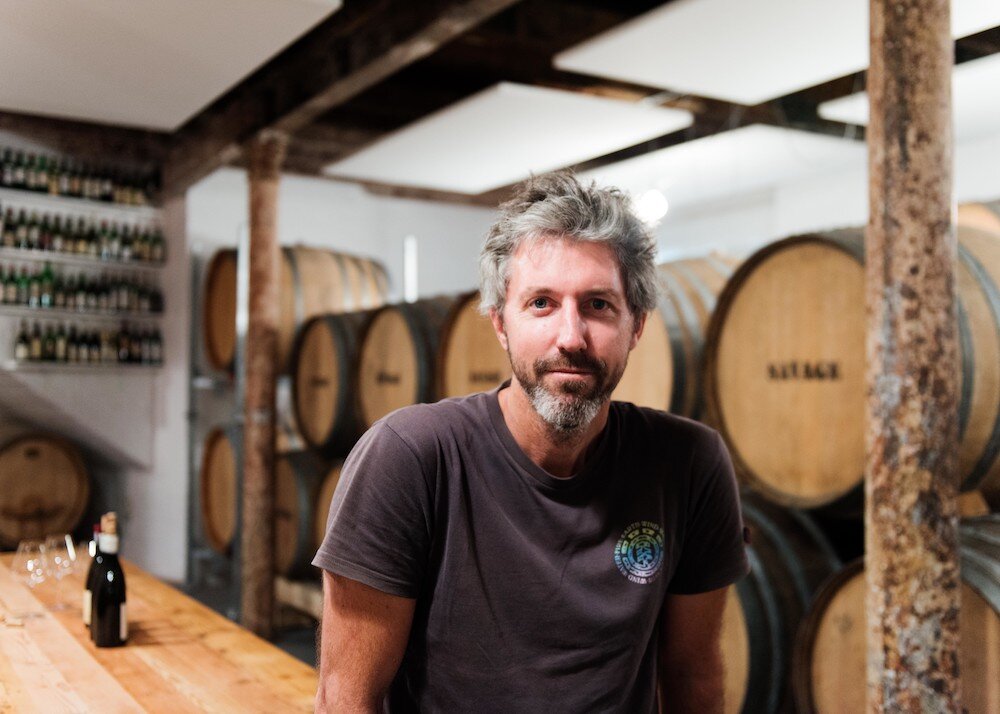Savage | Red | 2021
Savage | Red | 2021
A classical masterpiece reminiscent of northern Rhône. Duncan Savage has once again chosen to create his flagship red from 100% Syrah sourced from a single organic farm in Stellenbosch on decomposed granite soils. As with pretty much all of Duncan’s wines, if you have somewhere you can store this one away, it’ll only get better with time.
Nose & Palate
“On the nose the aromatics are marked by intense notes of earthy red and blackberry fruits, inky saline notes of black cherries, pink musk, savoury cured meat nuances, black olives and a sappy cedar wood spice complexity. With 70% of whole clusters used in the fermentation, the palate shows pronounced chalky mineral tannins with vibrantly fresh crunchy acids from the granitic soils. Raspberries and blueberries surge to the fore on this dense, powerfully structured wine, gaining in richness and intensity as the wine slowly unfurls in the glass. The wine shows a focused prowess and concentration together with an opulent richness framed by an underlying stony minerality. A wine with undeniable focus and structure but also a surfeit of seductive charm.
Drink from 2022 to 2035+.” - Greg Sherwood MW
Pairing
Fire up the braai! Whatever you throw on it will pair perfectly with this wine.
Accolades
95 Points - Tim Atkin MWt | 95+ Points - Greg Sherwood MW | 95 Points - Christian Eedes | 5 Stars (96 Points) - Platter’s 2022 SA Wine Guide
About the Winemaker
Duncan Savage is on a constant pursuit of three things in his wine: refinement, elegance and purity. The speed at which he sells out every year is a good clue that he absolutely nails this pursuit in every bottle.
Before launching his own label, Duncan came to know maritime influenced vineyards intimately, working at Cape Point Vineyards for over a decade. As an avid surfer, working at a vineyard next to the ocean was a dream, but he always yearned to do his own thing. Since starting up Savage Wines in 2011, Duncan has been sourcing grapes he believes are most effective in South Africa from mostly maritime and high-altitude vineyards. He develops close relationships with the farmers, focuses on looking for acidity and picking early, producing wines with minimal intervention to let the grapes speak for themselves.










